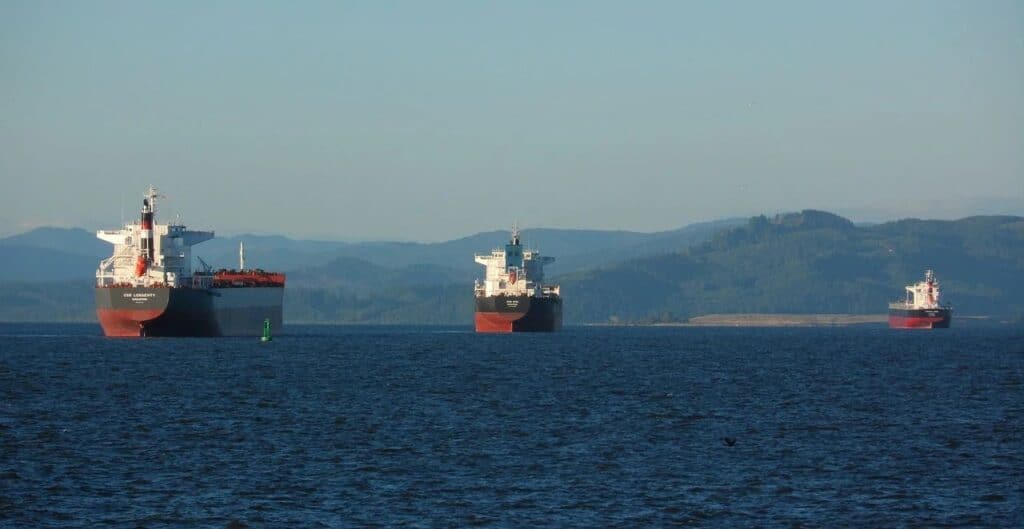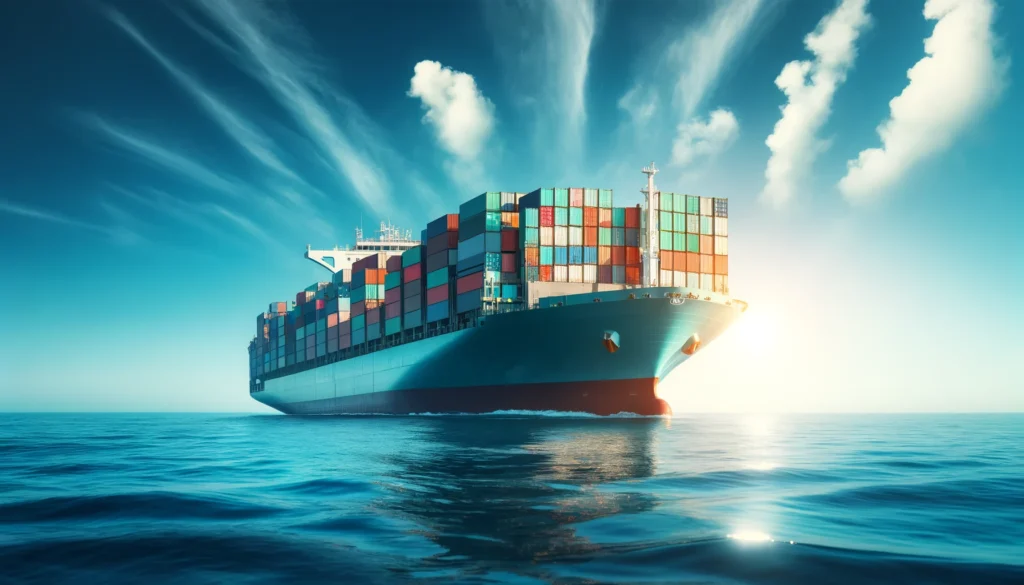It is reported that on May 3rd local time, Yemen’s Houthi spokesman Yahya Saree stated in a declaration that Houthi leader Abdul Malik al-Houthi had ordered the organization to launch attacks on all ships heading from the Mediterranean to Israeli ports.

Since the outbreak of the latest round of Israeli-Palestinian conflict in October last year, the Houthi forces have repeatedly targeted Red Sea and Arabian Sea waters with drones and missiles. On March 14th, Abdul Malik al-Houthi announced that the Houthi’s strike range against “Israeli-affiliated” ships had expanded to the southern Indian Ocean.
The statement mentioned that starting from May 3rd local time, the Houthi forces would strike relevant ships in the “Mediterranean region covered by their weapons“.
Additionally, Saree stated that if Israel attacked the southern city of Rafah in the Gaza Strip, the Houthi forces would continue to expand the strike range, targeting all ships of companies that have engaged in transactions with Israel over the past few months in the Red Sea, Arabian Sea, Indian Ocean, and Mediterranean, regardless of their nationality and destination port.
Recently, Yemen’s Houthi leader Abdul Malik al-Houthi delivered a televised speech stating that since the outbreak of the latest Israeli-Palestinian conflict in October last year, the Houthi forces had launched a total of 156 strikes on Israeli-related ships.

On May 2nd local time, the Turkish Ministry of Trade issued a statement announcing the suspension of all imports and exports with Israel.
Shipping giant Maersk subsequently announced on its official website on May 5th that all booking services related to imports and exports between Turkey and Israel would be suspended and canceled.

The following restrictions will take immediate effect:
Maersk stated that if there are new bookings that have not yet loaded cargo between Israel and Turkey or have not yet transshipped through Turkey to Israel, destination changes (COD) or cancellations will be made according to the above restrictions. At the same time, orders currently in transit need to return to their place of origin or unload at nearby hubs.

Currently, the impact of the Red Sea situation is expanding, causing continued chaos in the shipping market, and transported goods are also facing risks such as congestion and delays. Both freight forwarders and cargo owners should closely monitor the status of goods in real-time to formulate subsequent transportation plans and minimize the impact of delays.

Welcome to CHINA VAST GROUP, a distinguished enterprise established in 2005. As a leading service provider in China, we specialize in international logistics and supply chain services, with a commitment to innovation, mutual benefit, and win-win partnerships. We operate through three principal divisions: CHINA VAST LOGISTICS CO., LTD., VASTFORTUNE STORAGE AND TRANSPORTATION CO., LTD. and VASTREACH SUPPLY CHAIN CO., LTD., each dedicated to excellence in their fields.
